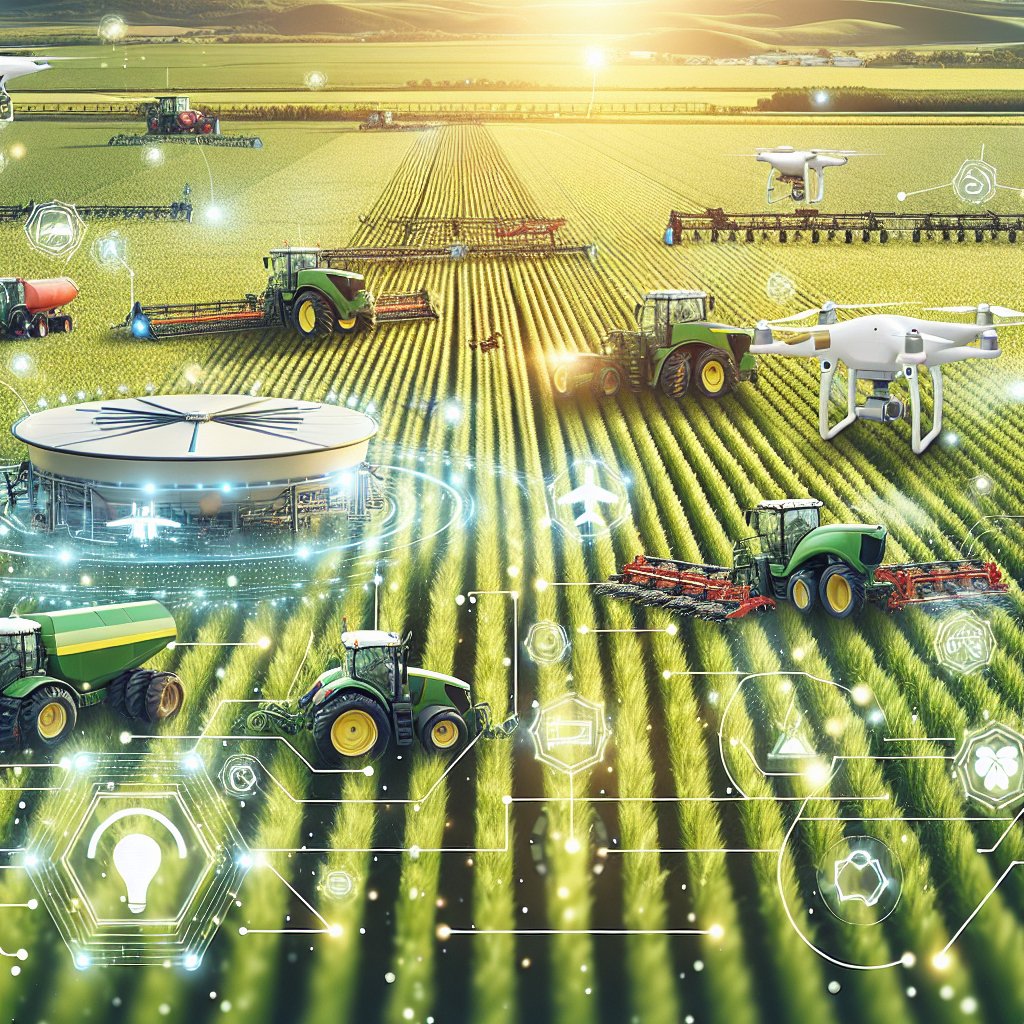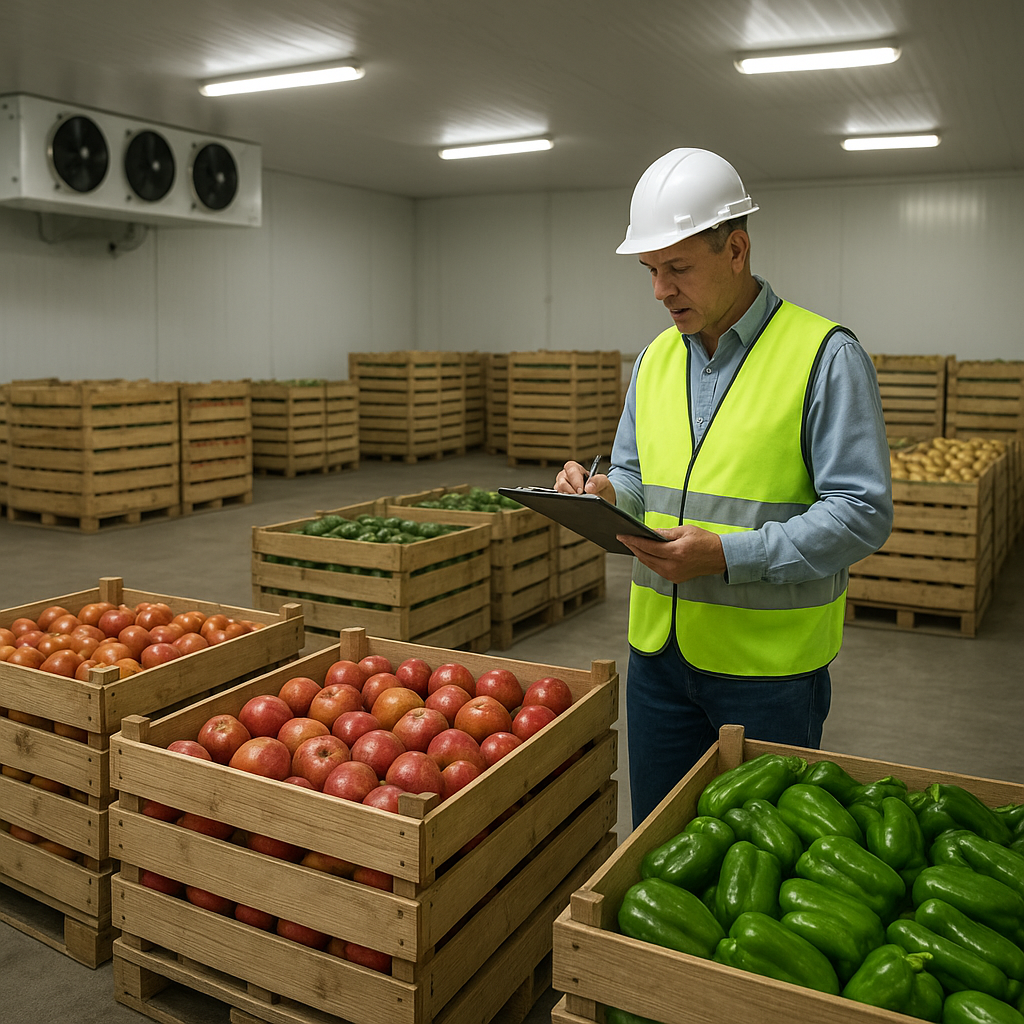Precision agriculture, often referred to as precision farming, is revolutionizing the way we approach modern farming practices. By leveraging advanced technologies and data analytics, precision agriculture aims to optimize field-level management regarding crop farming. This approach not only enhances productivity but also promotes sustainable farming practices, ensuring that resources are used efficiently and environmental impact is minimized.
Understanding Precision Agriculture
Precision agriculture is a farming management concept that uses information technology to ensure that crops and soil receive exactly what they need for optimum health and productivity. The primary goal of precision agriculture is to ensure profitability, sustainability, and protection of the environment. This is achieved by using a wide array of technologies such as GPS, sensors, drones, and data analytics to monitor and manage agricultural practices.
One of the key components of precision agriculture is the use of GPS technology. GPS allows farmers to create precise maps of their fields, which can be used to monitor crop yields, soil levels, and other important factors. This information can then be used to make informed decisions about planting, fertilizing, and harvesting crops. By using GPS technology, farmers can ensure that they are using their resources as efficiently as possible, reducing waste and increasing productivity.
Another important aspect of precision agriculture is the use of sensors. Sensors can be placed in fields to monitor a variety of factors, including soil moisture, temperature, and nutrient levels. This data can be used to make real-time decisions about irrigation, fertilization, and other important farming practices. By using sensors, farmers can ensure that their crops are receiving the right amount of water and nutrients, which can lead to increased yields and improved crop quality.
The Benefits of Precision Agriculture
Precision agriculture offers numerous benefits to farmers, the environment, and the global food supply. One of the most significant benefits is increased efficiency. By using technology to monitor and manage their fields, farmers can ensure that they are using their resources as efficiently as possible. This can lead to reduced costs, increased yields, and improved profitability.
Another important benefit of precision agriculture is its potential to reduce environmental impact. By using technology to monitor and manage their fields, farmers can reduce the amount of water, fertilizer, and pesticides they use. This can lead to reduced runoff and pollution, which can have a positive impact on the environment. Additionally, by using precision agriculture techniques, farmers can reduce their carbon footprint, which can help mitigate the effects of climate change.
Precision agriculture also has the potential to improve food security. By increasing efficiency and reducing waste, precision agriculture can help ensure that more food is produced with fewer resources. This can help meet the growing demand for food as the global population continues to increase. Additionally, by improving crop yields and quality, precision agriculture can help ensure that more nutritious food is available to consumers.
Challenges and Future Prospects
Despite its many benefits, precision agriculture also faces several challenges. One of the biggest challenges is the cost of implementing precision agriculture technologies. Many of these technologies require significant upfront investment, which can be a barrier for small and medium-sized farms. Additionally, there is a learning curve associated with using these technologies, which can be a challenge for farmers who are not familiar with them.
Another challenge is the need for reliable data. Precision agriculture relies on accurate and timely data to make informed decisions. However, collecting and analyzing this data can be difficult, especially in areas with limited access to technology and infrastructure. Additionally, there are concerns about data privacy and security, as the use of technology in agriculture increases the risk of data breaches and cyberattacks.
Despite these challenges, the future of precision agriculture looks promising. As technology continues to advance, the cost of implementing precision agriculture technologies is expected to decrease, making them more accessible to farmers of all sizes. Additionally, as more data becomes available, the accuracy and reliability of precision agriculture techniques are expected to improve, leading to even greater efficiency and productivity.
In conclusion, precision agriculture is playing a crucial role in modern farming by enhancing productivity, promoting sustainability, and ensuring food security. While there are challenges to overcome, the potential benefits of precision agriculture make it a promising solution for the future of farming. As technology continues to evolve, precision agriculture is likely to become an increasingly important tool for farmers around the world.



